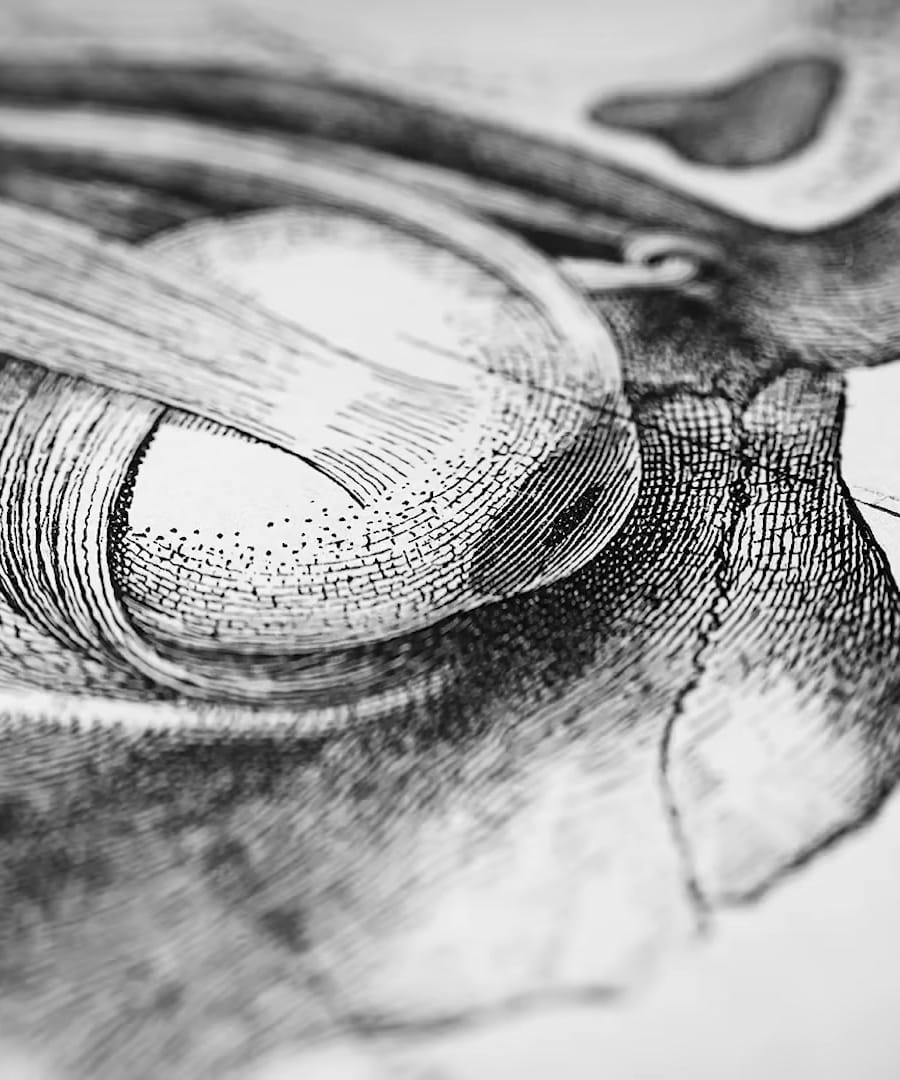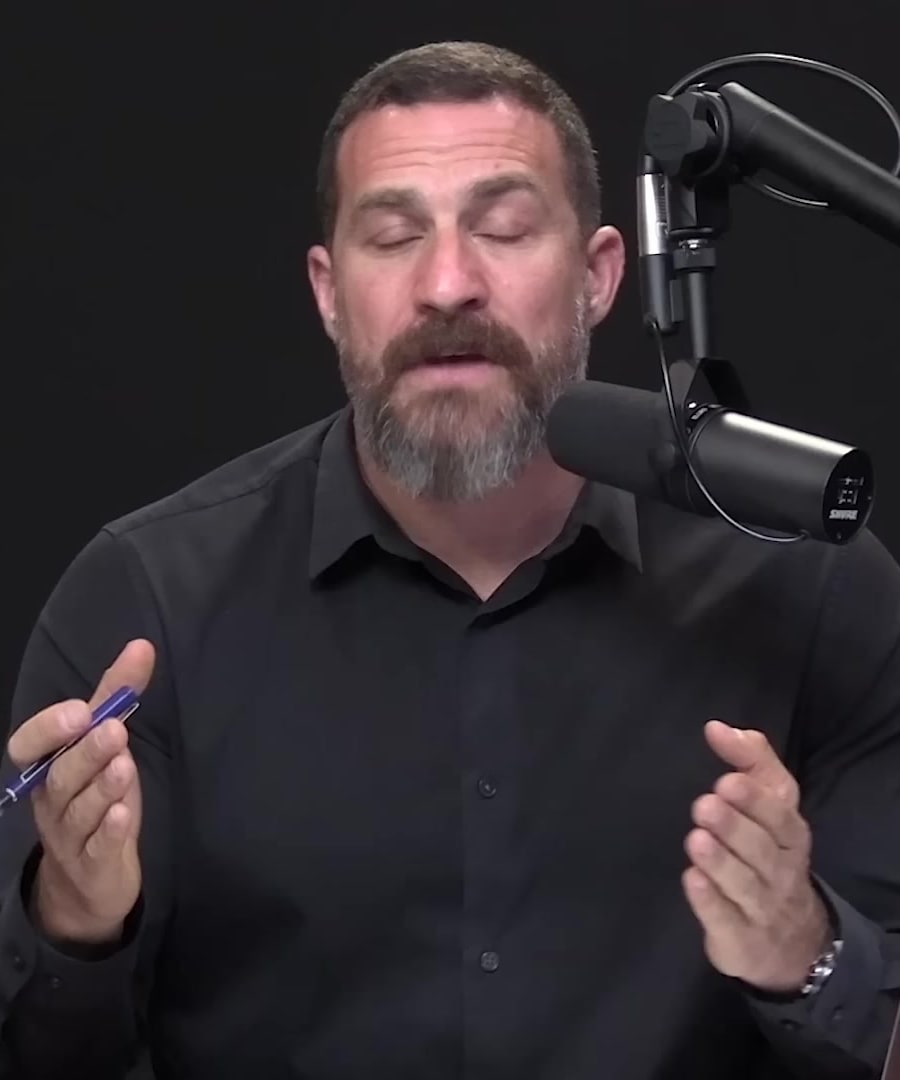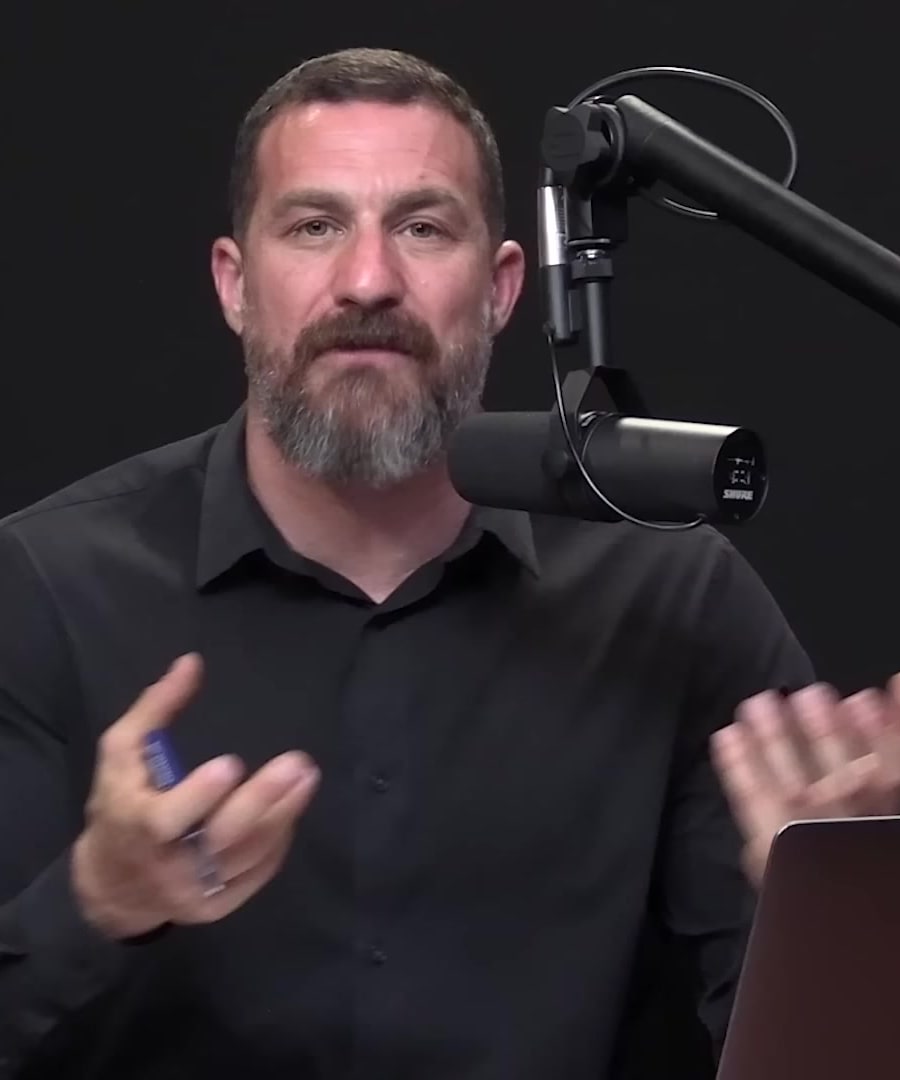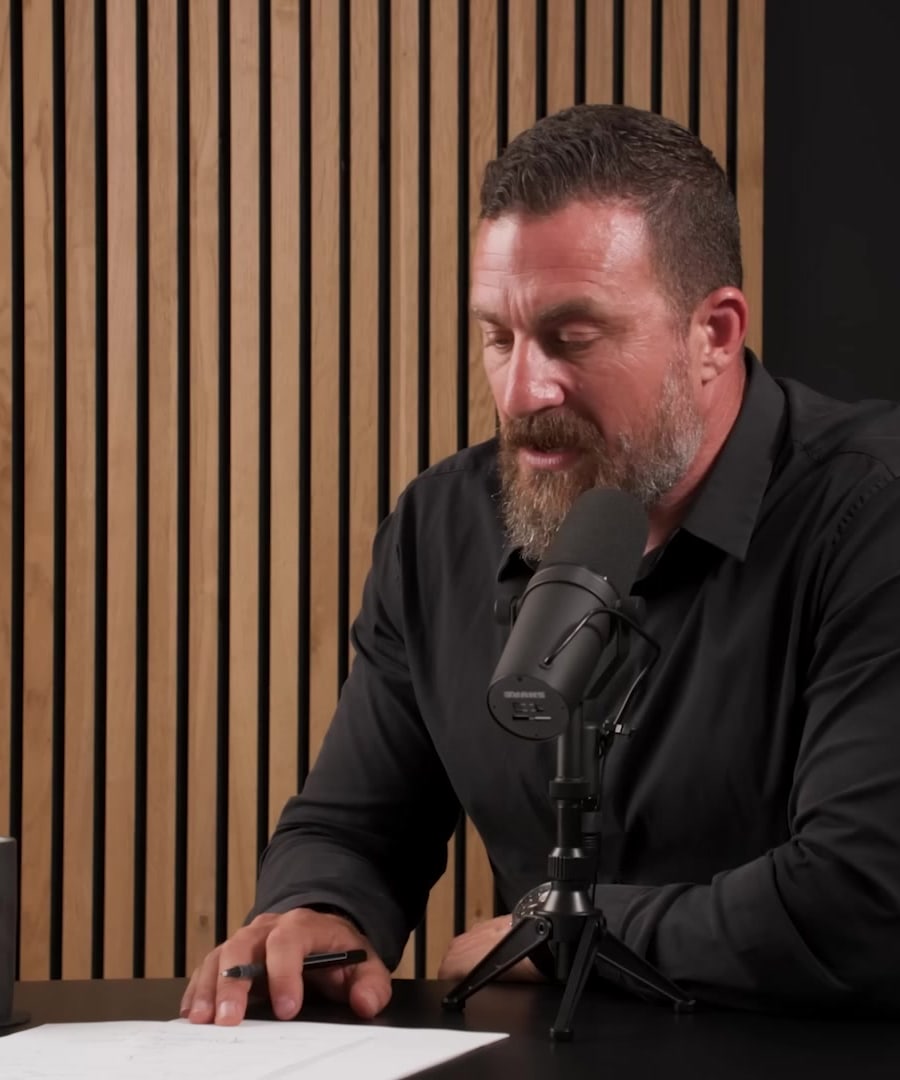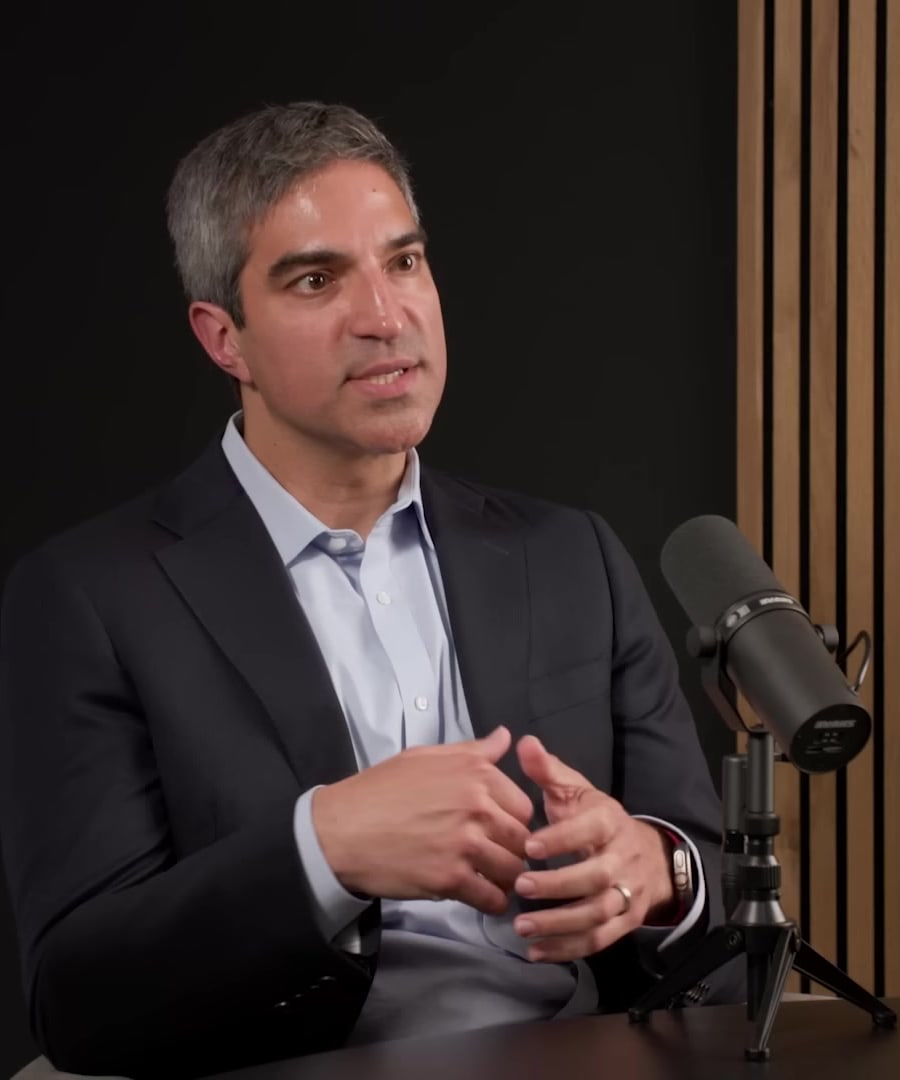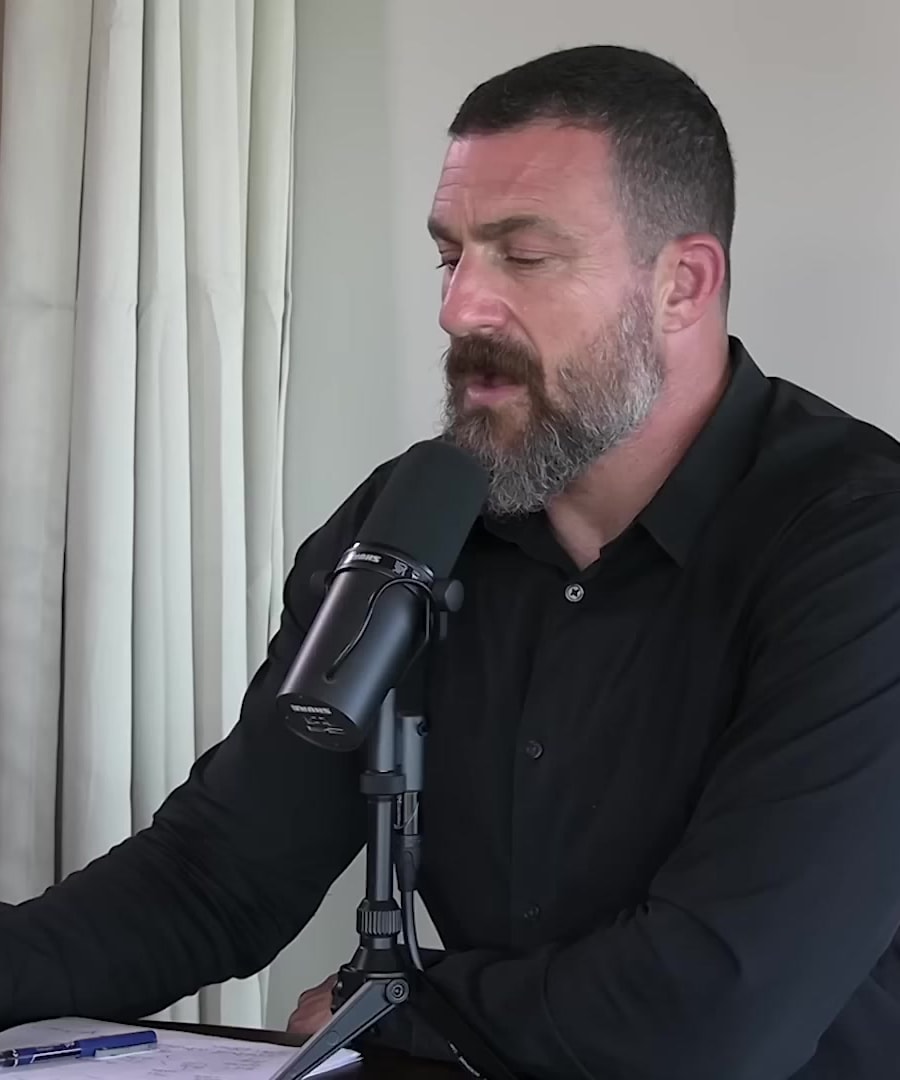Man 30 lose hair
Sources:
For a 30-year-old man experiencing hair loss, there are several key insights and potential strategies discussed on the . Here are some important points:
Understanding Hair Loss
-
Androgen-Dependent Hair Loss: By age 50, about 50% of people notice significant hair loss, often due to androgen-dependent alopecia (pattern hair loss). This process begins between ages 30 and 50, but people typically start noticing it much closer to 50 1.
-
Genetic Factors: Hair loss patterns are influenced by genetic predisposition, particularly the density of androgen receptors on the scalp inherited from both parents 1.
Treatment Options
-
Minoxidil: This topical treatment increases blood flow to hair follicles. It typically comes in a 5% concentration and is applied daily. While it primarily slows hair loss, it can help regrow hair in thinning areas with consistent use over time 2.
-
Ketoconazole Shampoo: Using a shampoo containing 2% ketoconazole two to four times a week can help, especially in regions with thinning hair. It seems to help offset some effects of hair loss, although it's essential to apply it correctly to be effective 3.
-
Finasteride and Dutasteride: These medications reduce dihydrotestosterone (DHT), a hormone linked to hair loss. While effective, they can lead to sexual dysfunction and other side effects, particularly in younger users 4. It is advisable to consult a healthcare professional to weigh the benefits and potential risks before starting these treatments 5.
-
Creatine: There is some concern that creatine supplementation can increase levels of DHT. However, for those who do not have a predisposition to hair loss, this increase is generally not significant enough to accelerate hair loss beyond natural genetic predispositions 6.
Lifestyle Considerations
-
Scalp Care: Gentle scalp massages and practices that promote scalp health can potentially enhance hair growth. Microneedling is another mechanical approach being discussed for its efficacy in promoting hair regrowth 1.
-
Nutritional Support: Ensuring adequate nutrition, including essential vitamins and minerals like biotin, may support hair health, though the efficacy of biotin in shampoos remains debated 3.
Conclusion
Addressing hair loss in early adulthood involves understanding the biological and hormonal factors at play, as well as exploring various treatment options. Consultation with a healthcare provider is essential to tailor the approach to individual needs and conditions.
For further detailed insights, you can check out the full discussion in the episode titled “The Science of Healthy Hair, Hair Loss and How to Regrow Hair” .
RELATED QUESTIONS-
Man 30 lose hair
- RELATED QUESTIONS
